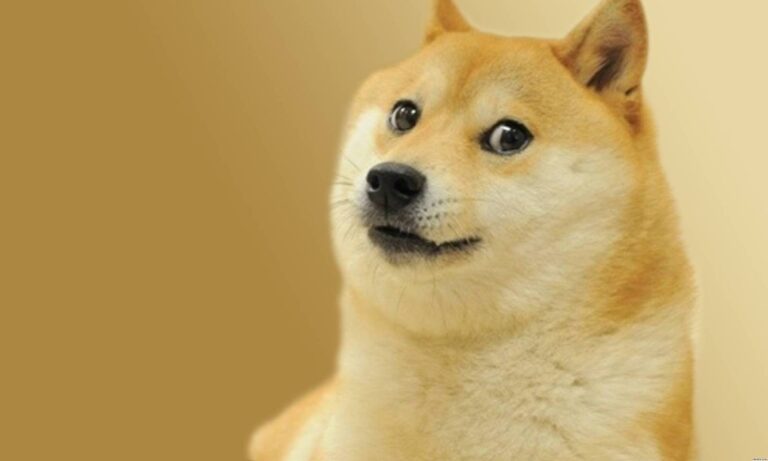The term “doggo” has become synonymous with the internet’s love for cute and funny dogs. It’s more than just a word—it’s part of an entire internet subculture that has embraced the joy, humor, and charm of dogs. Whether it’s a fluffy puppy rolling over in excitement, a dog making a hilarious face, or a doggo dressed up in a silly costume, the word has come to represent an adorable part of the internet culture. This article will explore the origins of the word “doggo,” how it became a viral sensation, and why it’s captured the hearts of millions.
What is a Doggo?
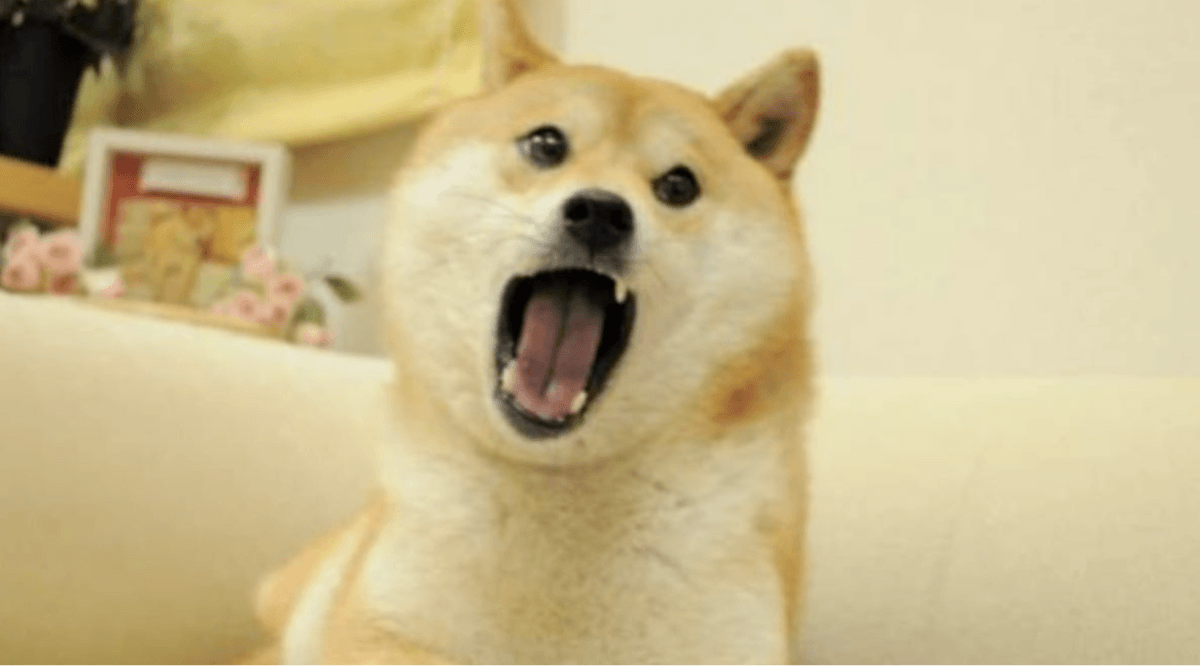
The term “doggo” refers to a dog in a playful and endearing way. It is a fun, informal term used online to describe a dog that is particularly cute, funny, or just lovable. It is often associated with memes, social media posts, and viral videos where dogs are seen doing amusing or heartwarming things. The word itself is meant to evoke a sense of warmth, humor, and affection for the dog in question.
Though “doggo” is widely used on the internet, it is far from the only canine-related term to have emerged in internet slang. In fact, doggos often have a family of linguistic companions, including “puppers” (young or small dogs), “floofs” (fluffy dogs), “good bois” (well-behaved dogs), and “woofer” (a larger dog). These terms are all part of a fun lexicon that describes different types of dogs and their behavior in endearing, sometimes exaggerated ways.
The Origins of “Doggo”
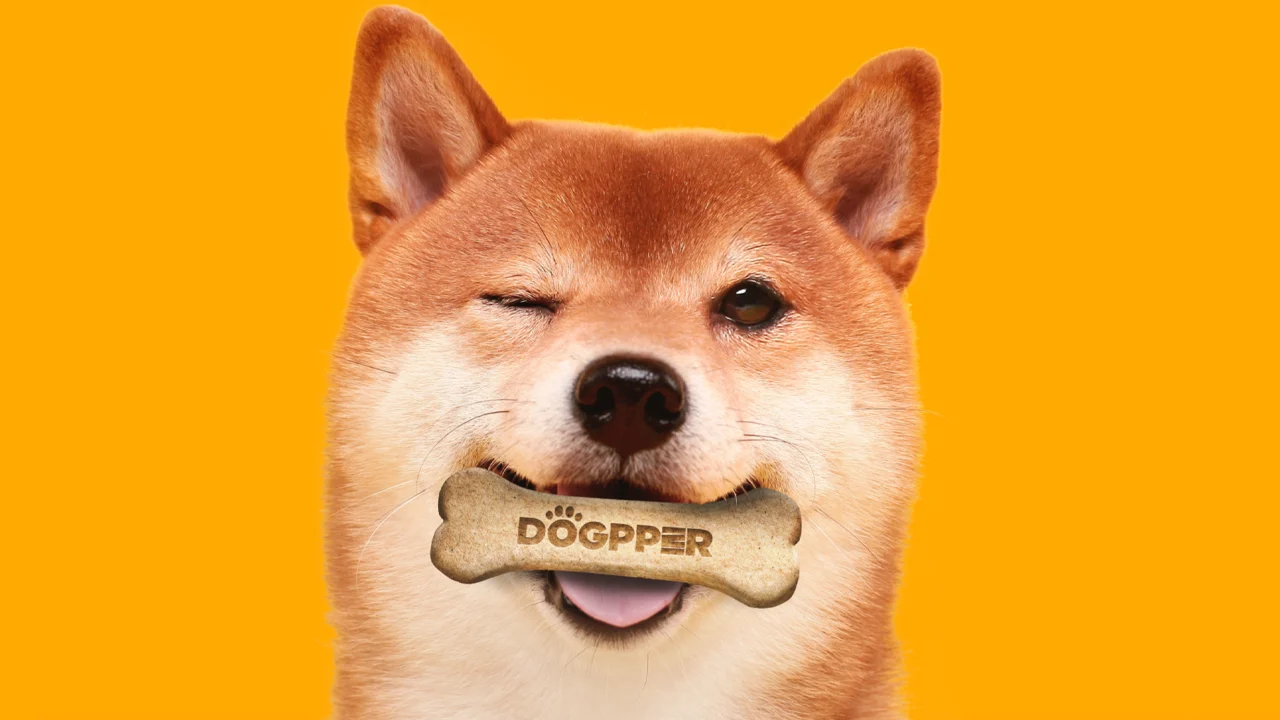
The exact origin of the term “doggo” is hard to pinpoint, but it is believed to have gained popularity around the mid-2010s on the internet, specifically within meme culture. The word began circulating in various online communities such as Reddit, Twitter, and Instagram, where users started to use it in the same vein as “good boy” or “good girl” but with a more playful and humorous twist. It quickly became a viral sensation, with countless dog pictures and videos being posted under the hashtag #doggo.
The usage of “doggo” became more widespread with the creation of dedicated social media accounts and memes. One of the most notable examples was the Twitter account @doggosdoingthings, which gained massive popularity by posting funny and cute dog-related content. The account’s success helped spread the word “doggo” into everyday internet vocabulary, encouraging even more people to use the term when sharing pictures and videos of their own furry companions.
It’s important to note that “doggo” is part of a larger internet meme culture that often involves intentionally humorous or exaggerated language. It shares a similar sense of playfulness and joy that is seen with other internet slang terms like “cheems” or “boop.” This linguistic trend of modifying simple words to create endearing or funny effects has played a significant role in how dog-related content is presented and consumed online.
The Popularity of Doggos on Social Media
The rise of doggo culture is inextricably tied to the explosive growth of social media platforms. Dogs, as one of the internet’s favorite subjects, naturally became stars of viral content. Social media platforms such as Instagram, Facebook, and Twitter have all become hubs for users to share their pets’ daily antics, leading to the widespread use of the term “doggo.”
Instagram, in particular, has become a go-to platform for dog lovers. There are now countless accounts dedicated solely to posting adorable dog photos and videos. With millions of followers, these dog influencers have amassed significant fame, with some dogs even earning their own sponsorship deals and brand partnerships. Popular dog influencers, such as Jiffpom, Tuna, and Doug the Pug, have taken the internet by storm, creating a virtual army of doggo fans. These accounts often feature playful captions like, “Look at my doggo!” or “My doggo is the best boy/girl,” which have contributed to the cultural saturation of the term.
Hashtags like #doggo, #doggogram, and #dogsoftwitter have also fueled this movement, encouraging users to share their own dog-related content in a fun, inclusive manner. The ability for people from all walks of life to connect through their mutual love of dogs has played a significant role in the team’s success.
Why the Doggo Phenomenon is So Relatable
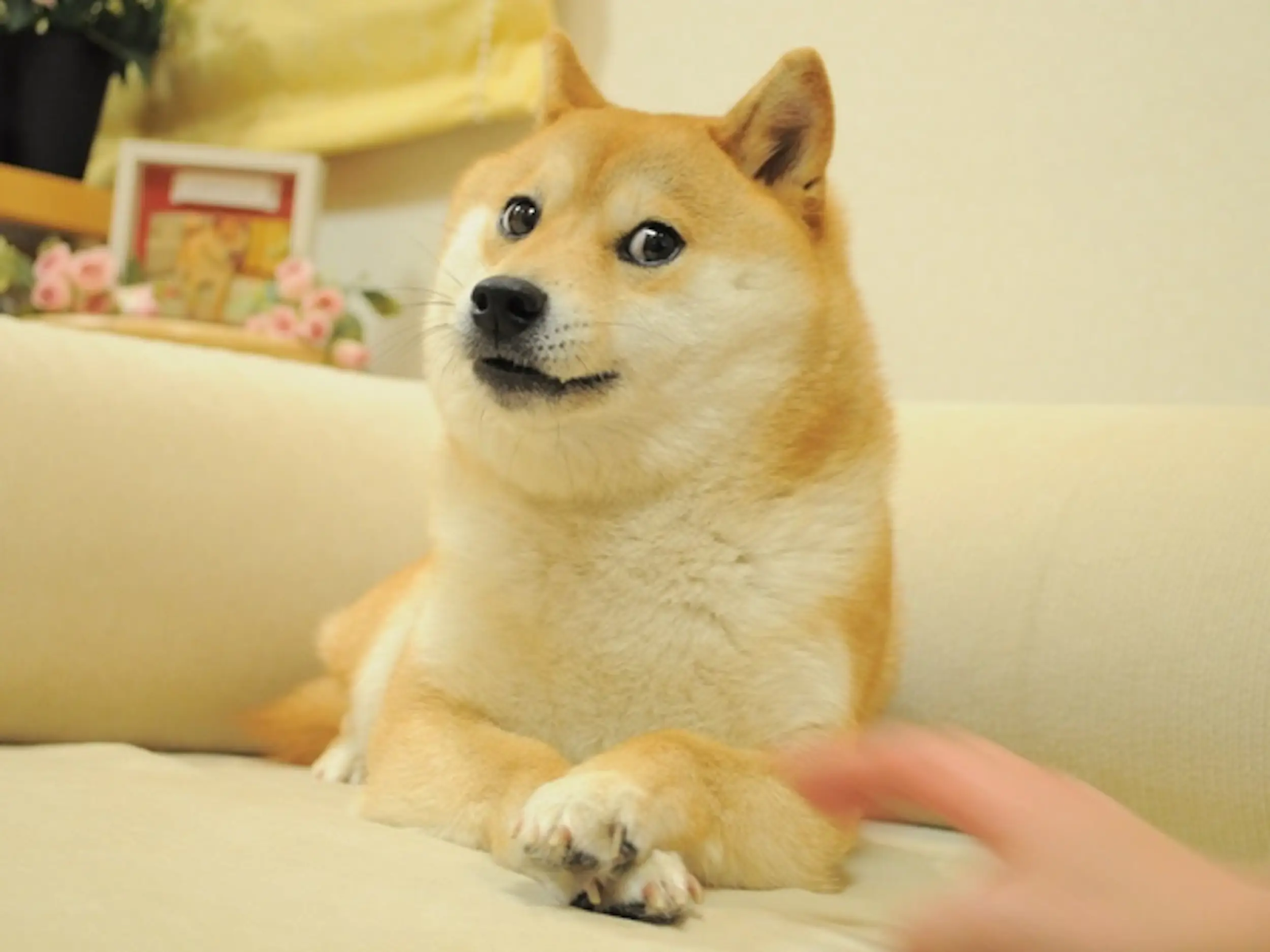
The reason why “doggo” and dog-related content have become so universally loved is rooted in the unique bond between humans and dogs. Dogs are often referred to as “man’s best friend,” and their loyal, playful, and loving nature resonates deeply with people. The internet’s obsession with dogs reflects this bond and amplifies it in a way that is relatable, light-hearted, and universally understood.
Dogs have long been symbols of companionship, comfort, and unconditional love. Their ability to communicate through body language, such as wagging their tail, rolling over, or excitedly jumping up to greet someone, translates well into internet culture. Videos and pictures of dogs performing cute or silly actions, paired with the affectionate term “doggo,” evoke a sense of joy and positivity that appeals to people worldwide.
Furthermore, in a time when many people are seeking ways to cope with stress or anxiety, the joy that doggos bring can be therapeutic. Studies have shown that interacting with dogs can reduce stress levels and increase feelings of happiness. The internet has tapped into this emotional connection, allowing people to share the feel-good moments that dogs bring to their lives.
The Role of Memes in Promoting Doggos
Memes play a central role in the doggo phenomenon. The structure of a meme often involves an image paired with a humorous caption, which makes them perfect for showcasing dogs in amusing or relatable scenarios. A well-timed photo of a dog with a quirky expression or doing something out of the ordinary can easily go viral. Adding the word “doggo” or other dog-related terms enhances the fun, making the meme even more engaging and shareable.
One of the most iconic examples of a doggo meme is the “Cheems” meme, which features an image of a Shiba Inu dog with a slightly perplexed expression. This image is often paired with text written in a humorous and exaggerated way, such as “When the doggo knows that food is ready, but it’s still not time to eat.” These memes embody the doggo culture’s combination of humor, cuteness, and simplicity.
Another popular meme format is the “Good Dog” meme, which pairs pictures of dogs with the caption “Good doggo” or “Such good doggo,” celebrating the dog’s positive behavior or heartwarming actions. These memes have taken on a life of their own, contributing to the rise of doggo culture on the internet.
The Impact of Doggos in Pop Culture
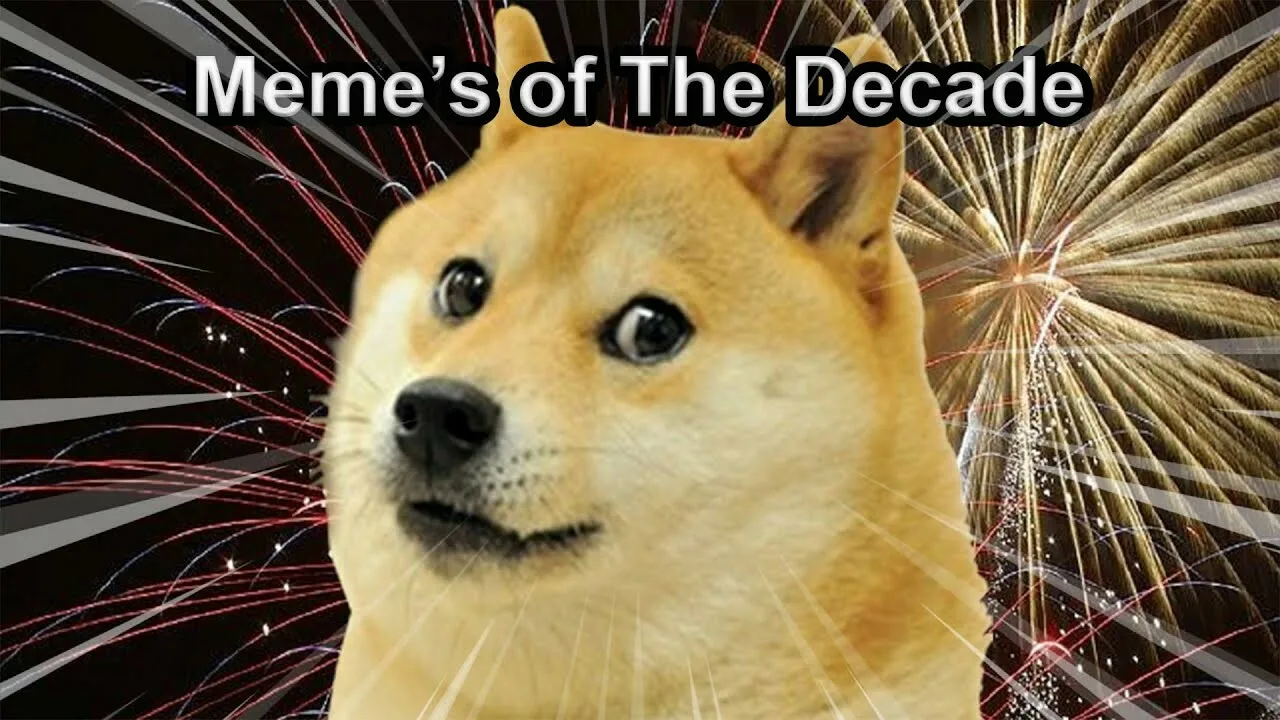
Beyond social media and memes, doggos have had an undeniable impact on pop culture. Movies, television shows, and advertising campaigns have all embraced the internet’s love for dogs, incorporating doggos into their content to appeal to a broad audience. From movies like The Secret Life of Pets to commercials featuring adorable puppies, dogs are consistently used as a means of evoking warmth, humor, and familiarity.
In particular, advertising has embraced doggos as symbols of positivity and cuteness, with brands using dogs to promote products that emphasize comfort, companionship, and happiness. Whether it’s a heartwarming commercial featuring a dog delivering a gift or a funny clip of a dog doing something silly, these marketing campaigns often tap into the universal love for doggos.
Conclusion
The term “doggo” represents more than just a playful way to refer to a dog—it has become a symbol of the internet’s collective joy and affection for dogs. The rise of doggos in internet culture reflects the special bond between humans and dogs, and the way the digital world has embraced the warmth, humor, and cuteness that dogs bring. From social media platforms to memes, doggos have become a beloved part of our online lives, offering moments of happiness and laughter to millions around the world.
In the end, the doggo phenomenon is a reminder of the simple pleasures in life. Whether it’s a doggo rolling in the grass, chasing a ball, or just being their lovable selves, these animals bring joy to us in ways that words often can’t fully express. Through the term “doggo” and its associated memes, the internet has created a global celebration of all things dog—and it’s one that continues to thrive as long as there are adorable dogs to share with the world.


